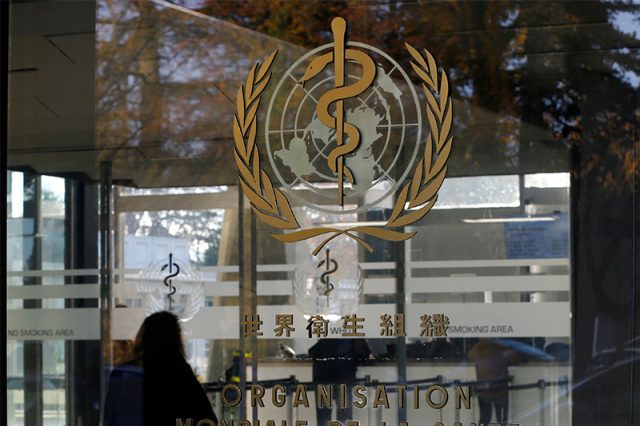
CAPE TOWN— The World Health Organization (WHO) on Thursday officially launched its mRNA vaccine technology hub in Cape Town, a facility established during the COVID-19 pandemic to help poorer countries struggling to access life-saving medication.
In 2021, the WHO picked South African biotech firm Afrigen Biologics for a pilot project to give poor and middle-income countries the know-how and licenses to make COVID vaccines, in what South African President Cyril Ramaphosa then called a historic step.
Afrigen Biologics has used the publicly available sequence of Moderna Inc’s MRNA.O mRNA COVID vaccine to make its own version of the shot – AfriVac 2121 – at lab scale and is now scaling up production.
The vaccine candidate, which must still be tested on humans, is the first to be made based on a widely used vaccine without the assistance and approval of the developer. It is also the first mRNA vaccine designed, developed and produced at lab scale on the African continent.
“I am… here in Cape Town with our partners to support a sustainable model for mRNA technology transfer to give low- and middle-income countries equitable access to vaccines and other lifesaving health products,” WHO Director-General Tedros Adhanom Ghebreyesus said in a statement.
The hub decided to pursue the vaccine on its own after global pharmaceutical firms, including Moderna and Pfizer PFE.N, declined to provide the technical know-how to replicate their vaccines mainly over intellectual property concerns.
The visit by Tedros and senior health officials over five days will include discussions over the program’s sustainability, the science of mRNA technologies and its potential use to combat other diseases such as HIV and tuberculosis that disproportionately affect poorer countries.
WHO said 69.7% of the global population had received at least one dose of a COVID vaccine as of March 2023, but that figure was still below 30% in low-income countries.
—Reporting by Wendell Roelf; Editing by Bhargav Acharya and Sharon Singleton









